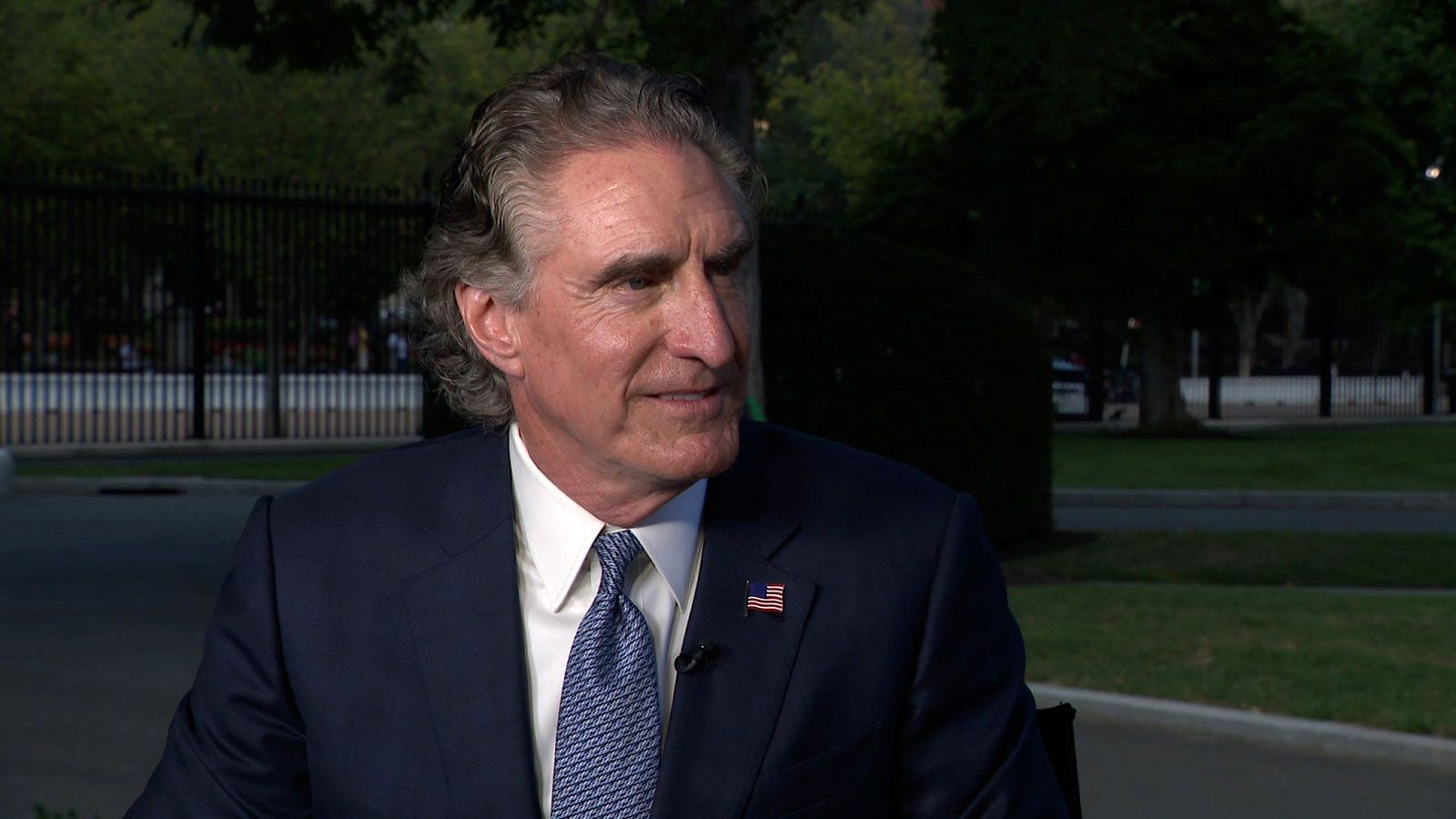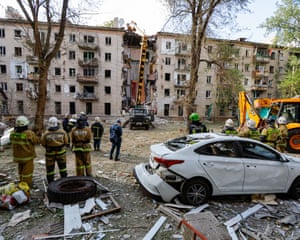
Burgum says Trump deploying National Guard to Democratic-led cities is not political: ‘He’s not targeting anything’
Entities mentioned:
- Doug Burgum: Loyalty, Duty, Professional pride
- Donald Trump: Control, Power, Influence
- Democratic Party: Self-preservation, Indignation, Justice
- Republican Party: Law and order, Control, Power
- JB Pritzker: Indignation, Self-preservation, Autonomy
- National Guard: Duty, Security, Control
Article Assessment:
Credibility Score: 65/100
Bias Rating: 55/100 (Center)
Sentiment Score: 35/100
Authoritarianism Risk: 65/100 (Authoritarian Tendencies)
Bias Analysis:
The article presents both Republican and Democratic viewpoints, but gives slightly more space to the administration's perspective. It includes some fact-checking of claims, indicating an attempt at balanced reporting.
Key metric: Violent Crime Rate
As a social scientist, I analyze that this article highlights the increasing politicization of law enforcement and public safety measures in the United States. The deployment of the National Guard to Democratic-led cities by a Republican president is framed as a non-partisan move to combat crime, but the underlying political tensions are evident. This action could potentially impact the violent crime rate, but the effectiveness is questionable given the complex nature of urban crime and the potential for increased tensions between federal and local authorities. The article also reveals a growing divide in perceptions of crime and appropriate responses between the two major political parties, which could have long-term implications for national unity and governance.

Hegseth fires top US general after Iran assessment that angered Trump
Entities mentioned:
- Mark Milley: Professional pride, Duty, Loyalty
- Donald Trump: Power, Control, Revenge
- Pete Hegseth: Loyalty, Ambition, Influence
- US Military: Security, Duty, Professional pride
- Iran: Self-preservation, Security, Power
Article Assessment:
Credibility Score: 55/100
Bias Rating: 60/100 (Center)
Sentiment Score: 30/100
Authoritarianism Risk: 65/100 (Authoritarian Tendencies)
Bias Analysis:
The article appears to lean slightly right, presenting the firing as a decisive action without much context. However, it doesn't overtly praise or criticize the decision, maintaining a relatively neutral tone.
Key metric: Military Readiness and Leadership Stability
As a social scientist, I analyze that this event signifies a significant disruption in the chain of command and civilian-military relations in the US. The firing of a top general over a disagreement with the President's views on Iran suggests potential politicization of military leadership. This could impact military readiness and strategic decision-making, as well as potentially erode trust between civilian leadership and military professionals. The abrupt change in high-level military personnel may lead to instability in military strategy and operations, particularly concerning Middle East policy. Furthermore, this action might be perceived as an attempt to align military leadership more closely with political objectives, potentially compromising the military's traditional role as an apolitical institution.